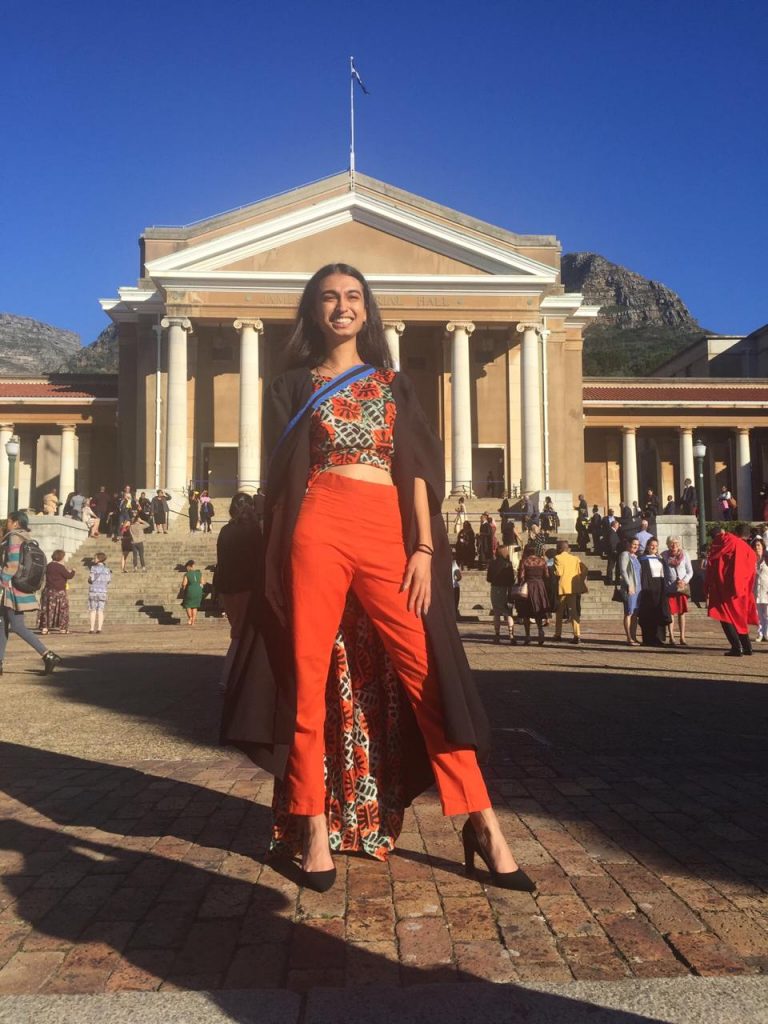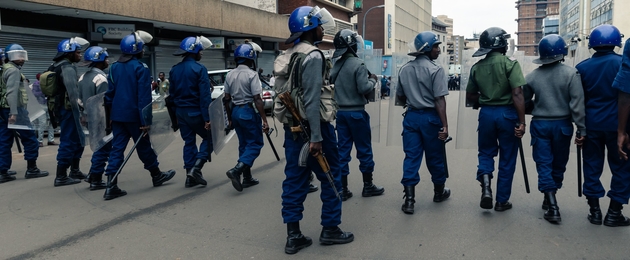On the 21st of April, Antonio Guterres, the Secretary-General of the United Nations, spoke of how COVID-19 is a “public health emergency – that is fast becoming a human rights crisis”. Mr. Guterres went on to release a report on COVID- 19 and human rights. In this report he stated that human rights are key in shaping the response to the pandemic by governments globally – this is because human rights issues affect the most vulnerable. While it is clear COVID-19 does not discriminate, the impacts of the pandemic do.
COVID-19 has had both economic and social impacts on countries, communities and people on an unprecedented scale. South Africa, along with other nation states in Africa, has experienced the pandemic only for a few months, yet the impact is already staggering. According to the International Labour Organisation, lockdowns that have been implemented by countries globally, including South Africa, have affected 2.7 billion workers and resulted in job losses for millions.
Every society is in part made up by people who have been marginalised, especially people who have difficulty accessing public information, healthcare and other basic human rights. These people have numerous challenges in their day-to-day lives and are now some of the most severely affected by COVID-19. The pandemic is quickly revealing how certain groups of people are disproportionately affected.
Whilst the news headlines highlight the impact of coronavirus on economies all over the world and focus on the looming economic catastrophe, I believe it is important to draw attention to those in the informal sectors who make up a large percentage of the South African population: the person who trades on the side of the street and the womxn who is often underpaid and exploited, to name a few. For these marginalised groups, COVID-19 has led to a loss of jobs and in turn, a loss of livelihood. This has an impact on society beyond just the economy; it has an impact on the social fabric and family structures.
Militarisation during lockdown
Many countries, including South Africa, Zimbabwe, India, Thailand and Lesotho, have turned to the the armed forces in their countries to enforce lockdown measures. Whilst it is important to acknowledge the positive organisational aspect of this, it is also necessary to highlight the use of excessive and unjust force on citizens who disobey the lockdown rules. Yes, here one must reprimand the illegal actions of a small number of citizens who act in an unruly manner, but it is possible to maintain peace without being oppressive and draconian.
What is more, the effects of militarisation bring to light the slow erosion of individual[1] democratic freedoms – indeed, the excessive use of armed forces during the COVID-19 pandemic poses a liability to democracy in some ways, and excusing dysfunctional patterns of power will only further encroach on the right to freedom for citizens.
The after-effects of COVID-19 are already unfolding as we speak, and while dealing with the pandemic’s tragedies is new terrain, these consequences have been anticipated for some time. It is not new. COVID-19 is the wreckage of a vehicle that has been moving slowly on the road for years. The pandemic brings to light many societal issues and raises contentious questions about human rights. For example, does the deployment of the military not echo the apartheid era of public policing? Why are marginalised groups in particular so badly treated by this form of policing? Why are their economic, mental, and emotional states not prioritised, or at least acknowledged? These are important questions, as it seems that the magnitude of their suffering has not mattered.
Lockdown in South Africa has illuminated a range of issues that may have not been at the forefront of people’s minds before. As businesses shut down, and the wealthy and middle-class retreat to their neighborhoods, our citizens are made to confront a lot more than just the pandemic.
So, what do you think? One of the other ways marginalised groups in South Africa are suffering at the moment is due to insufficient access to water. Join us in calling on Minister Sisulu to Turn on the Tap for everyone, always – by clicking here.

This article was written by Priyanka Naik. Priyanka is a University of Cape Town graduate with an honours in Environmental and Geographical Science. She is also a member of the Resilient 40, a group of youth from across Africa, who are working with the British Government to promote climate resilience across Africa and ensure that the voice of Africa is heard loud and clear. Priyanka is invested in grassroot development, with a goal to centre development around those who are marginalised.
**This article was contributed by a guest blogger. This blog entry does not necessarily represent the position or opinion of Amnesty International South Africa.


